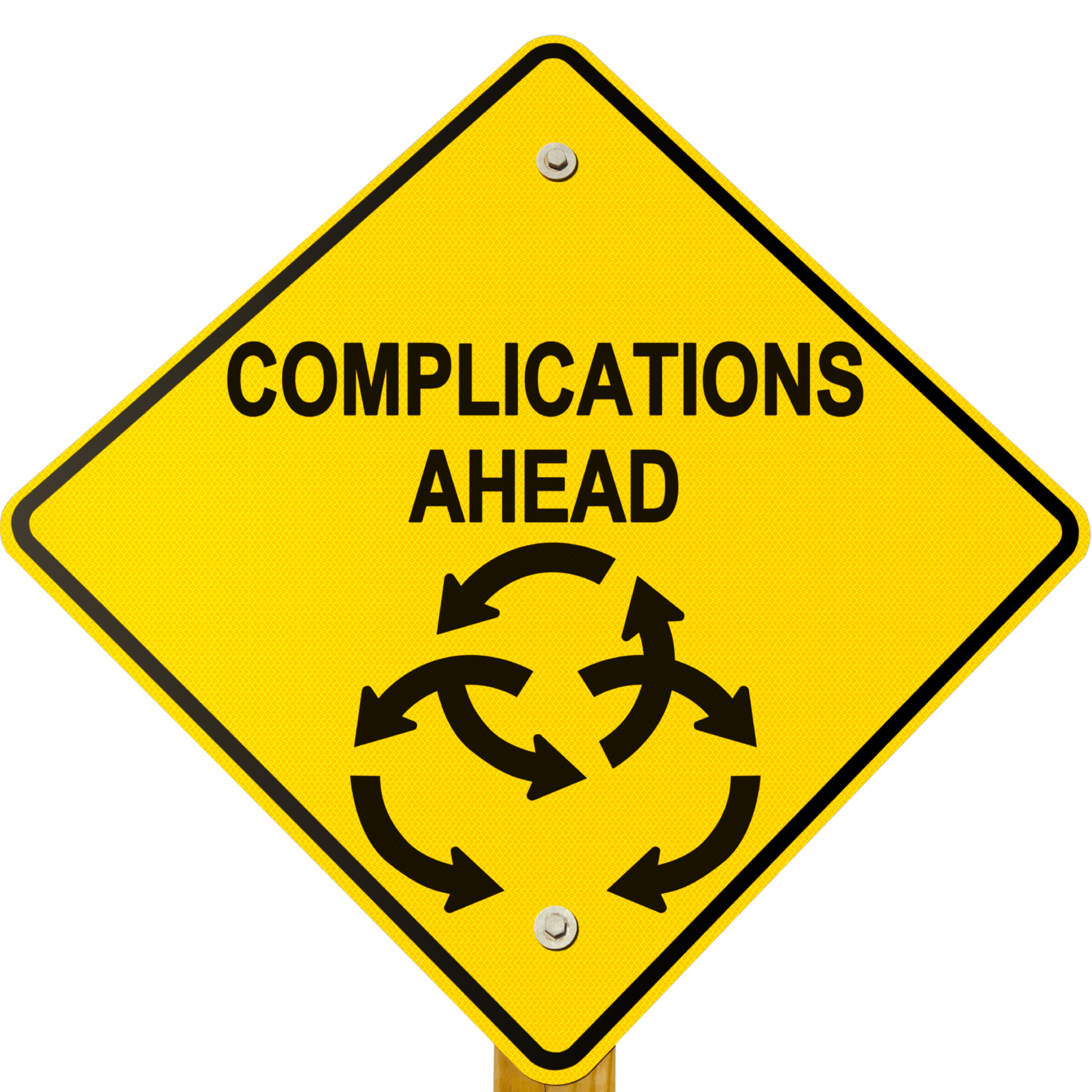Design Your Digital
Success
Crafted Websites and Graphics that Leave a Lasting Impression

Executor Checklist
A practical, plain-English checklist for Personal Representatives (Executors) to navigate probate in MA
Immediate Steps
Order certified death certificates (get several)
Secure the home and valuables; verify insurance—unoccupied homes often need notice to the carrier.
Locate the original Will and estate planning documents; Massachusetts requires delivery of a will for probate.
Choose Your Probate Path

Informal Probate – The Simple Route
Handled by a Magistrate, best if there’s no dispute and an original Will exists. Faster and less costly.

Formal Probate – Court Supervised
Overseen by a judge, required when disputes, missing documents, or unusual circumstances arise.

Late & Limited Probate – When You’re Past the 3-Year Mark
Used if filing more than 3 years after death. More restricted, but still allows heirs to establish clear ownership.
Get the Executor Guidebook
To open the estate (with links)
First 30 Days – Set the Estate in Motion
In Massachusetts, probate is generally required when the deceased owned assets in their name alone without a beneficiary designation. The most common example is real estate owned solely by the deceased.
The deceased owned a home or other real estate in their sole name.
🏦 Open an estate bank account (all income/expenses flow through this)
📬 Forward mail to you and notify banks/insurance companies
📝 Start a master list of all assets, debts, and recurring bills
New Section: Months 1–3 – Inventory & Protect
Start evaluating and paying valid debts: Review bills, loans, and other obligations. Pay what’s necessary while ensuring funds remain available for taxes and distributions later.
Continue managing property and accounts: Keep up with mortgage payments, taxes, insurance, and maintenance to protect the value of estate assets.
Work with professionals: This may include appraisers, attorneys, accountants, or Realtors who can help with valuations, tax filings, or preparing for property sales.
Begin preparing for potential property sales: If real estate will be sold, confirm whether a License to Sell is needed and begin gathering information for market analysis or clean-out.
Months 3–6 – Sort Debts & Taxes
In Massachusetts, probate is generally required when the deceased owned assets in their name alone without a beneficiary designation. The most common example is real estate owned solely by the deceased.
💳 Pay urgent expenses (funeral, insurance, mortgage)
💼 Work with CPA on income tax + possible estate tax filings
📂 Review creditor claims (approve valid, dispute invalid)
📆 Set aside reserves for taxes, legal fees, and ongoing bills
Months 6–12 – Distributions & Real Estate
🏡 Decide on real estate: sell, transfer, or distribute (with proper authority)
✍️ Get court approval (if needed: power of sale, license to sell)
💸 Make partial/final distributions once debts/taxes are covered
📑 Keep receipts & records from heirs/beneficiaries
Get the Full Executors Guide
Want everything in one place? Download the Complete Executor’s Guide to Probate in Massachusetts.
Closing the Estate
✅ Final accounting (money in/out)
📝 File closing documents with court
🔒 Close estate bank account
🎉 Estate officially settled
Common Problems & Fixes
In Massachusetts, probate is generally required when the deceased owned assets in their name alone without a beneficiary designation. The most common example is real estate owned solely by the deceased.
❌ Missing documents → check with court, attorney, or registry
❌ Disputes between heirs → pause distributions, seek mediation/legal guidance
❌ Vacant property risks → insure, secure, and maintain until sold
❌ Unknown debts → don’t distribute early; wait for creditor period
Common Challenges Families Face

Delays and Paperwork Issues
Probate often slows down when required documents are missing or incomplete. Death certificates, wills, or account statements can take time to gather, and even small mistakes on forms may cause the court to reject filings. Staying organized from the start is critical.

Conflicts Between Heirs
It’s not unusual for disagreements to arise among family members during probate. Questions about who inherits what, how property should be divided, or whether the Personal Representative is acting fairly can lead to tension. Probate provides a legal structure for resolving these disputes, but they can add time and stress.

Real Estate Complications
Selling a home through probate is often one of the most challenging parts of the process. Executors may not have the automatic authority to sell and instead must obtain a court-issued License to Sell or rely on a power of sale granted in the will. When a property is co-owned by multiple heirs, disagreements can arise

Debt and Creditor Claims
Probate requires paying valid debts before distributing property to heirs. Sometimes unexpected bills or claims arise months after the process begins. Executors must carefully review and address each claim to avoid personal liability, which can feel overwhelming without guidance.

Taxes and Estate Liens
In Massachusetts, an automatic estate tax lien attaches to real estate for ten years after death. Even if no taxes are due, the lien must be cleared with the Department of Revenue. Executors who aren’t familiar with these rules can be surprised by the extra steps needed before selling or transferring property.

Emotional Stress
Probate happens at a time when families are already grieving. Balancing legal deadlines, financial responsibilities, and family dynamics can feel like too much to handle. Many executors describe probate as “a second full-time job” during an already difficult season.
Talk to a Massachusetts Probate Professional
With years of experience guiding families through probate and estate property sales, we’re here to answer your questions and provide reliable next steps.

